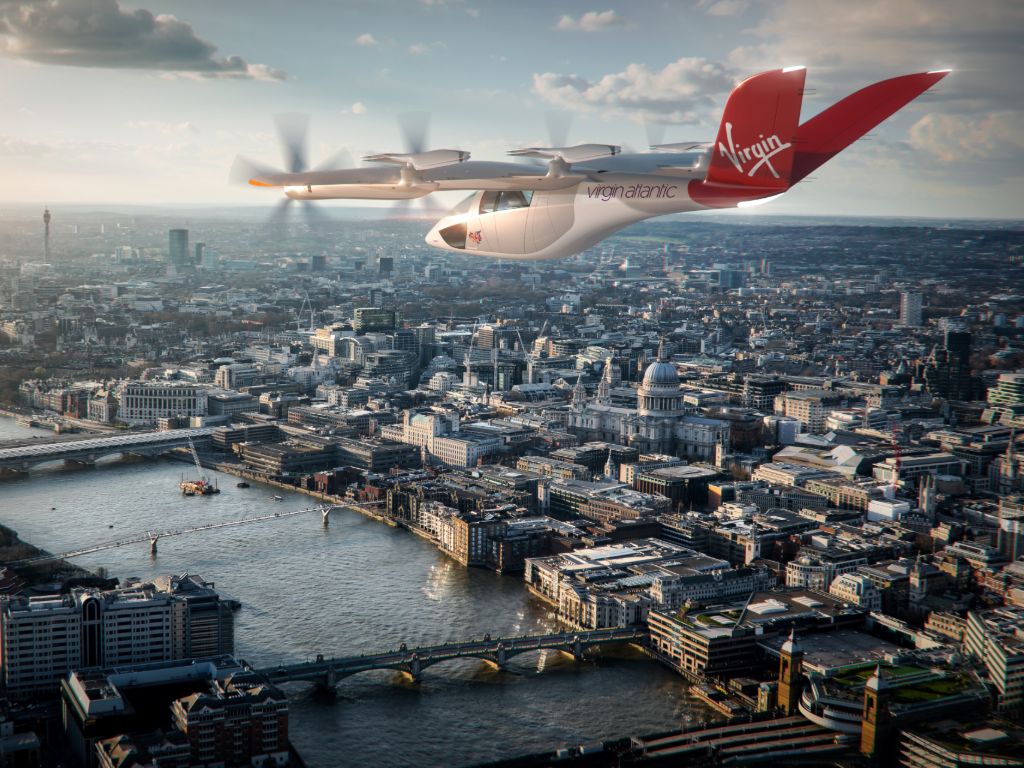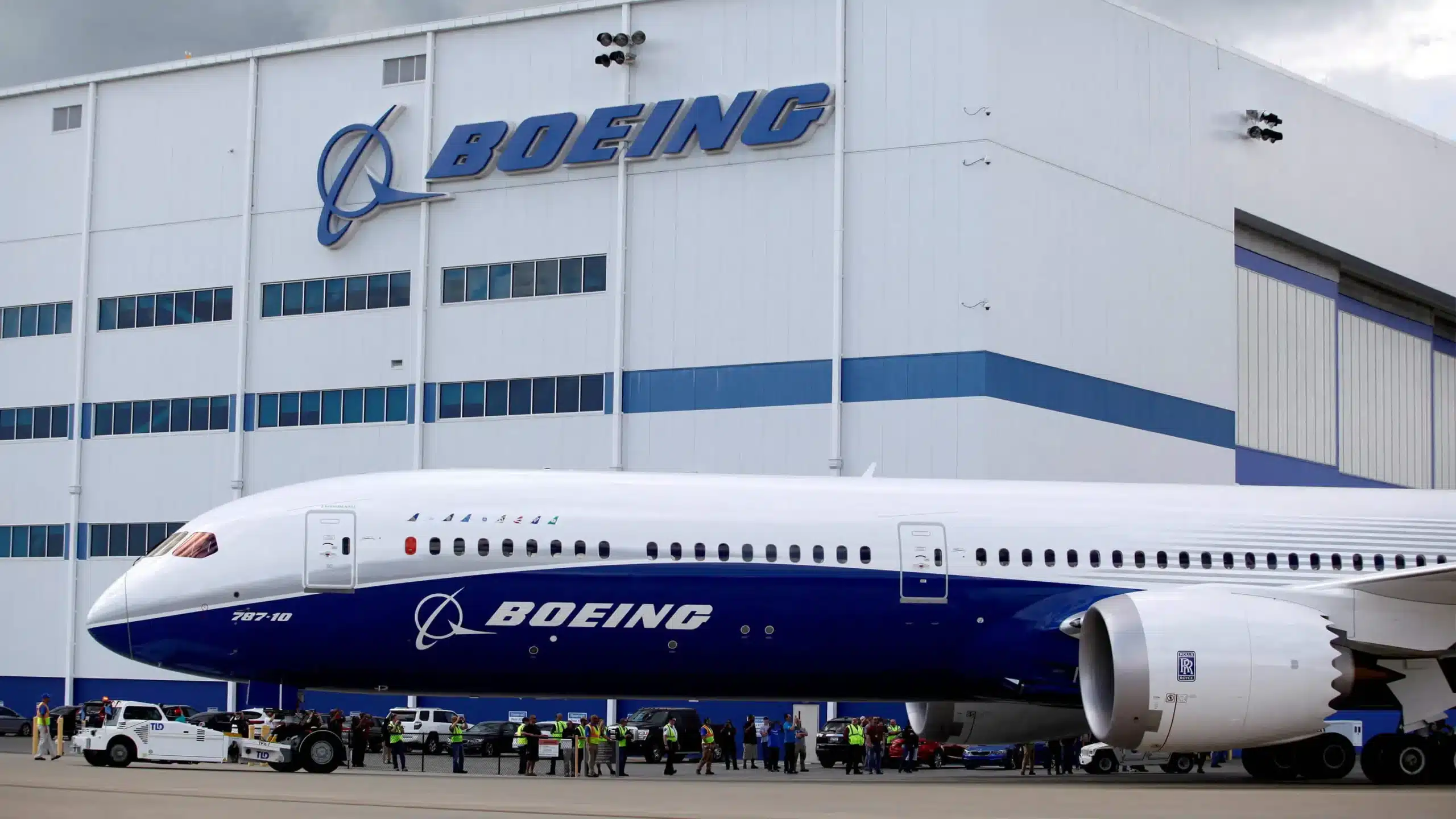Why Lessors Use Special Purpose Companies
Special Purpose Companies, or SPV’s, are a staple of the aircraft leasing industry. Aircraft are assets that move, so you need ways to limit risk.
The SPV is an ownership “hanger” where aircraft (or engines, or parts) are placed into ownership, where returns are maximized.
Why use this method?
Tax. Mostly companies tax. But there’s a lot more to it.
Special Purpose Companies Tax
Tax is the main reason. Corporate tax and Bi-lateral Tax treaties to be specific. The third reason is visibility and control. SPVs are just small companies set up by investors or banks because the asset (or assets) placed inside these vehicles need special tax attention.

We’re going to get a little deeper into the Financial and Corporate structure world, but it’s interesting stuff (it is!). And Aircraft leasing is at the leading edge of SPV development and their use.
So, if you need to understand what an SPV legal entity is? Or you’re looking at aircraft leasing and wondering how some of the financing works? Well, we got you. We also have further areas of discovery if you need to “climb higher” into the subject.
Special Purpose Vehicles
First, the WT caveat – We are not financial advisors nor tax accountants! We do not offer advice on how you should structure your financial instruments, nor are we here to promote tax avoidance! It is your duty to follow the rules of your authority regarding correct financial behavior.
You risk bankruptcy or worse. Got it? Good. There are many diverse types of SPV, but we will discuss one which we feel is the gold standard in the aircraft leasing business.
The ideal SPV entity
Say, company A has decided it wants to invest in aircraft. Say, a Boeing B777. But they would prefer not to pay 30+% state tax on the corporate profits in the country they operate in. And they have the option to invest abroad.
Company A is also interested in aircraft leasing because the cash generated is tax (and VAT) efficient. And the asset itself is mobile. Airlines are also seen as a source of export development in most countries.
So, Company A just needs another country to base the SPV in. One that has a low corporate tax rate on the profits they will generate at year-end.
So, they need two key elements.
The First decision is the country where the Special Purpose Vehicle will be domiciled. Some examples here are the Cayman Islands, Malta, Ireland, and Cyprus. There used to be many more, but authorities have clamped down on how easily banks open accounts and strengthened KYC processes, so the list is shrinking.
The second, most overlooked aspect is the bi-lateral Tax Treaty agreements.
Tax Treaties & Jurisdictions
Ireland has an especially developed SPV market. They’ve been the center of the Aircraft leasing universe since the 1970s. Starting with Dr. Tony Ryan created the first leasing entity, Guinness Peat Aviation. GPA became GECAS and was bought in 2022 by Aercap.
A Tax treaty is where both countries party to a lease, say Ireland and Greece, agree not to charge the leasing entity – the Lessor (the SPV) tax on the rentals that come from the aircraft rent or supplemental rent.
The country where the airline is based won’t charge the airline any tax (withholding tax) and the SPV host, the Revenue, don’t apply any tax or VAT on the services provided under the lease. The Lessor receives 100% of the cash from the lessee and only corporate tax is payable. Theoretically.

SPV Structure & Parent Companies
Often you need a multi-level structure or parent organization in the country to sit above the single company SPV. There are several reasons for this.
If there are multiple investors, they invest at this top-level via shares and the debt/finance can be provided directly to the single company SPV. Lenders like this as they can ring-fence the SPV in terms of ownership/control and borrowers and therefore limit their risk.
Each SPV can also hold specific aircraft, so they can easily observe how an asset behaves commercially via the audited accounts should they want to do so. The same goes for the investors.
The cash would be managed centrally and the SPV’s accounts show the financial performance of each asset. In terms of structure, Investors would have a parent company as well as multiple SPVs. Each SPV would hold many aircraft which are held in different jurisdictions.
Legal Status
This also allows for new/different investors to join the parent company. As various sources of debt could be arranged for each transaction, if that’s what you wanted.
Finally, SPVs are great should things go wrong. If the aircraft needs to be sold or the lease runs into trouble, this legal status makes it easier to manage. Every investor has voting rights based on their % of equity they own, and the rental is distributed via what is known as a waterfall system.
It is then agreed on how the rental cash is disbursed. The debt/lender is paid first. After that comes the day-to-day costs of running the business and managing the aircraft, maintenance, insurance, and finally the equity holders get their return. This is a simplified explanation, but you get the point. More complex structures such as ABSs have waterfalls that can have dozens of these levels, also known as distributions.
Aircraft Asset Management
These structures are, mostly, managed by a Servicer. If you don’t want to set up a proper company in that country, you can subcontract it out to specialist companies that can manage it for you. That’s important. Most corporate tax rules ensure that entities are as robust as possible.
And that control of the entity is managed correctly in that district. All decision-making must take place within that entity within that Jurisdiction, and this decision-making must be such that it satisfies local tax law.
There is also big business in Joint Ventures, sometimes you can become very tax-efficient in your own country if you own 50% or less of an entity with a partner company abroad, just make sure you have a good relationship with them, and the contracts are airtight.
Most countries require that this be a trading company that is active, and not a passive investment vehicle. Either way – get advice.
SPV Governance & The Law
The parent organization and its relationship and funding mechanisms are critical to tax success. This is where most of the legal costs are spent.
The parent and SPV Boards are designed so equal “say” and representation are given relative to the risk, as well as the tax design. In terms of governing law, you should agree with your partners that arbitration or legal issues will be resolved. With the UK or Ireland being common, but, they are virtually identical.
Be warned however, your corporate legal structure is different from the governing law of aircraft leases. This is agreed upon between the parties (lessor/lessee) and you could agree to any country’s law if the Airline demands it. And some are better than others. For example, you don’t want to be subject to the laws of Thailand when your leases go south. Or Brazil.

Special Purpose Entity
Like we said before, if you are smart – you will get the best advice. It will cost you much more eventually if you don’t get the right opinions from the right people. In terms of the leaders in the Aviation SPV business, below are the major players. And we have links to their aviation-specific finance pages.
These are not in any order, and in most cases, these are global companies anyway. But they are worth visiting as all offer excellent resources, guidance, and blogs which are great jumping-off points.
Words of Warning
One word of warning. And a smidge of advice. Setting up companies in countries is a straightforward process. You don’t need a lot of help to get incorporated. What you do need, however, are the LEGAL OPINIONS on the tax business you are considering.
These are two vastly different concepts. I can set up a company in any country and start trading for a few thousand dollars. But I will expect to come fully unstuck if I get audited and don’t get good legal advice. Both on what you are doing or how I am doing it.
Also, in 2022 the real-time suck is banking. Setting up the company is hard but getting the bank accounts open and ready for business can be challenging. Recent rules and regulations, especially around KYC (Know your customer) mean that all main Owners, Principles, and shareholders of all entities (regardless of your location) will have to declare themselves.
Know Your Customer
So, even if you want to invest using other entities, or some other offshore company, the bank can and will ask all the shareholders of those companies too. There is no escape. Hopefully, that doesn’t matter to you or anyone else, but if you think SPVs are wonderful places to hide money and those who benefit from this money, think again. Just get a good lawyer.



